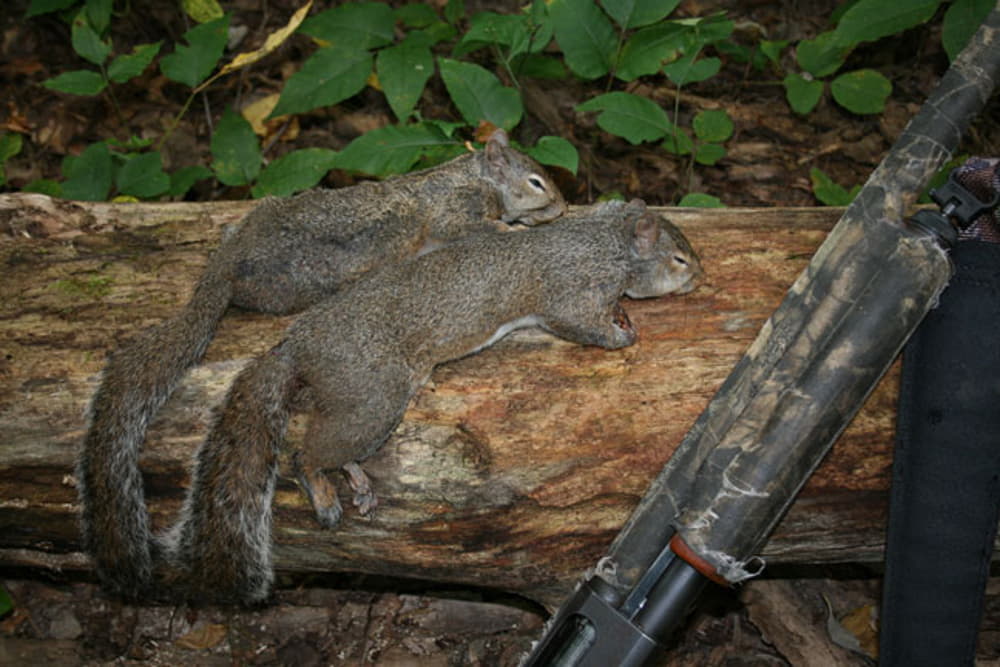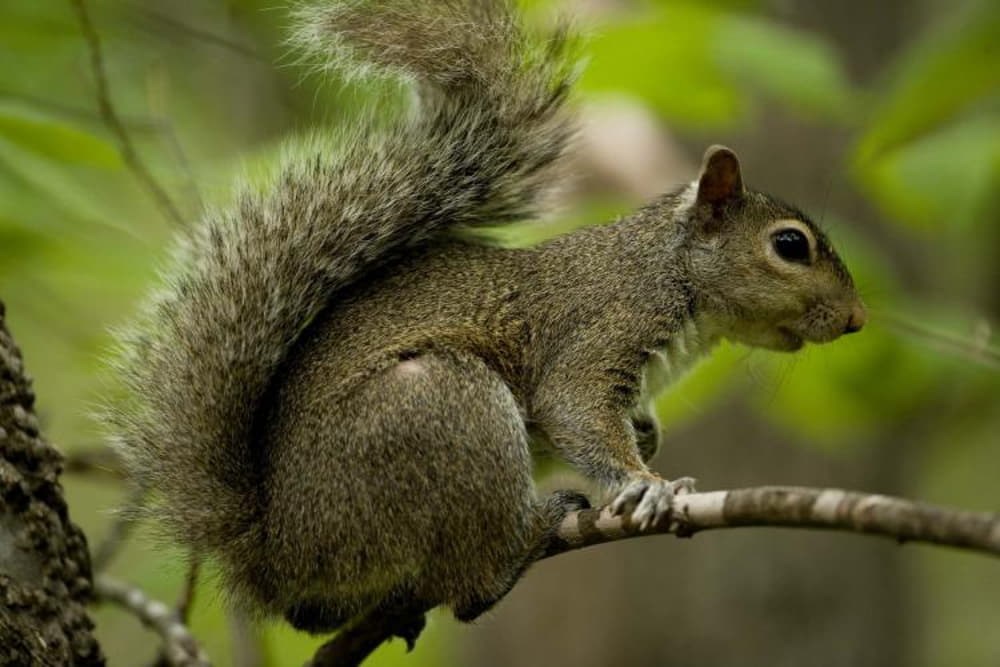Hunting squirrels year-round is a topic that touches on wildlife management, conservation, and recreational hunting. Squirrels, as prolific breeders and adaptable species, may survive in a variety of environments and climates. This sparks debate over the necessity and implications of year-round hunting. So, can you hunt squirrels year-round?
Proponents argue that continuous hunting helps to maintain squirrel populations, limiting overpopulation and resulting ecological imbalances. Hunting also acts as a technique of reducing squirrel damage to crops and property. Conversely, opponents raise concerns about sustainability, emphasizing the need for balanced ecosystems and ethical hunting practices. They contend that unregulated hunting threatens natural cycles and squirrel populations.
Furthermore, factors of hunting legislation, cultural attitudes toward wildlife, and the importance of hunting in the local economy complicate this debate. Knowing this information is crucial in helping you prepare more thoroughly and carefully for your squirrel hunting trip.
Can You Hunt Squirrels Year-Round?
Whether or not you can hunt squirrels year-round depends on your local hunting authorities. Because regulations vary substantially from state to state and, in some cases, even at the county level. These regulations encompass the timing of hunting seasons, bag limits, and permissible hunting methods.
The regulations governing squirrel hunting are a patchwork of state-by-state and country-by-country guidelines. Some jurisdictions allow year-round squirrel hunting, while others have seasonal limits. In fact, most states restrict squirrel hunting to the autumn and early spring seasons. These variations stem from a combination of factors, including squirrel population dynamics, habitat conditions, and hunting tradition.
Some states and counties allow all-year hunting of specific squirrel species, especially if squirrel numbers in the area have grown to the point of being a problem. As a result, hunters must be taught to hunt at the proper season and for the appropriate squirrel species. The squirrel species that can be lawfully hunted varies by state and is generally determined by the size of the squirrel population in the area.

What Types Of Squirrels Can You Hunt?
Before going on a hunt, a hunter must be able to identify the many squirrel species in their area. Some squirrel species are lawful to hunt in some locations, whereas other squirrel species in the same region are protected. The squirrel species that are most regularly hunted in the United States are as follows:
- Eastern gray squirrel: The Eastern Gray Squirrel, Sciurus carolinensis, has light gray fur on its underside and darker gray fur on its upperside. These squirrels often weigh between 1 and 1.5 pounds.
- Western gray squirrel: The Western Gray Squirrel, also known as Sciurus griseus, has bluish-gray top body fur and pale, almost white underfur.
- Eastern Fox Squirrel: The hue of the Eastern Fox Squirrel, also known as Sciurus niger, varies by region. Its upper fur can range from brown-gray to brown-yellow, with an orange underside, or it can be dark brown or black.
The Fox Squirrel is frequently confused for a Red Squirrel. However, the American Red Squirrel is a distinct species that is not popular among hunters due to its small size and unpleasant-tasting meat.
Hunting Seasons For Squirrels In Different Regions
Is there a squirrel hunting season? In most areas, squirrel hunting seasons are established and must be followed in order to hunt legally and responsibly. Some localities allow all-year squirrel hunting, but only for particular squirrel species.
In the United States, squirrel hunting seasons typically align with the fall and winter months, coinciding with the peak period of nut production and accumulation. Squirrel hunting is regulated by individual states, resulting in a wide range of hunting seasons across the United States.
Some states, such as Alabama and Mississippi, have year-round squirrel hunting seasons, while others, like Maine and Vermont, only allow hunting during specific months. In Canada, squirrel hunting is also regulated at the provincial level, with most provinces allowing hunting from September to February.
Bag limits refer to the maximum number of squirrels that can be legally harvested by a hunter in a given day or season. These limits are put in place to ensure sustainable management of squirrel populations and prevent overhunting.
In the United States, bag limits for squirrels vary from state to state, ranging from 4 to 12 squirrels per day. Some states, like Georgia and South Carolina, have no daily bag limit, but have a possession limit. In Canada, bag limits also vary by province, with most provinces allowing hunters to harvest between 5 to 10 squirrels per day.
Read this post: What You Need To Know About Squirrel Hunting License
Potential Risks Of Year-Round Squirrel Hunting
Year-round squirrel hunting poses five potential risks that warrant careful consideration from hunters alike. Firstly, there’s the risk of impacting population dynamics. Squirrels are prolific breeders, but constant hunting pressure can still disrupt their population dynamics. Excessive hunting, particularly during sensitive times like breeding or nesting seasons, may lead to population declines and affect the overall health of squirrel populations.
Another concern is the potential ecological imbalance that could result from year-round hunting. Squirrels play crucial roles in ecosystems as seed dispersers and prey for various predators.
Moreover, year-round hunting may inadvertently harm non-target species. Indiscriminate hunting methods such as traps or snares could capture unintended species, resulting in injuries or fatalities. This poses a threat to protected or endangered animals.
While squirrels can adapt to various environmental conditions, constant hunting pressure may hinder their ability to recover from other stressors.
Finally, there are legal implications to consider. In regions where hunting regulations are lax or poorly enforced, year-round hunting can exacerbate illegal poaching and wildlife trafficking. This threatens both squirrel populations and broader conservation efforts.

